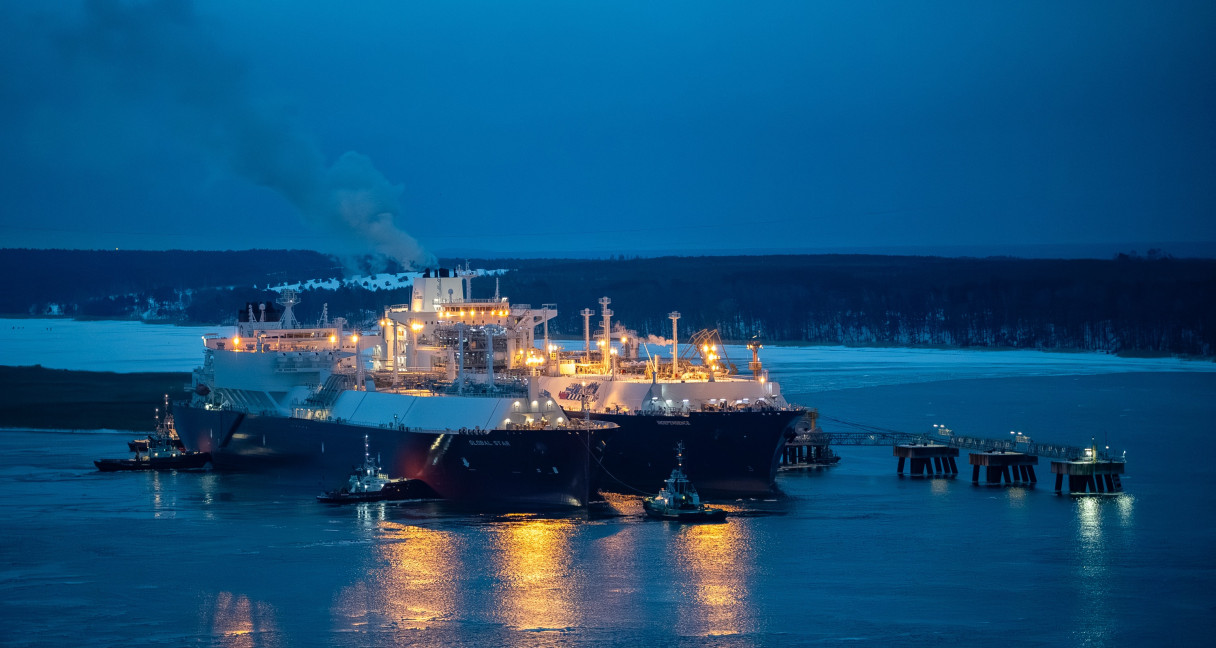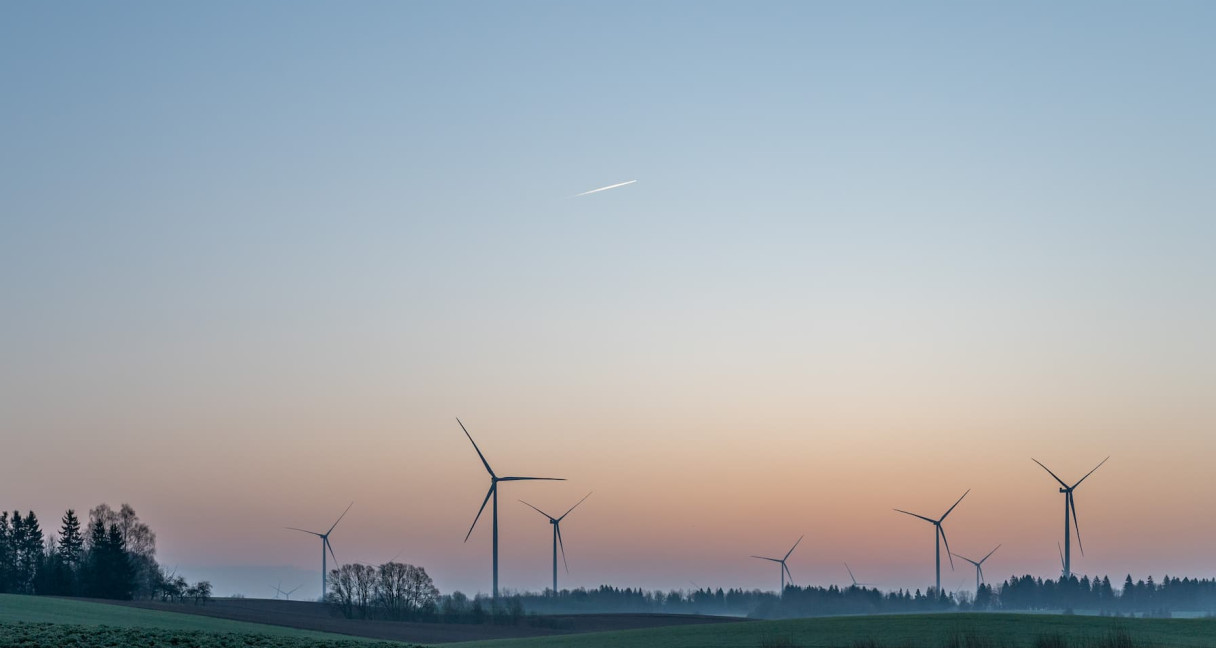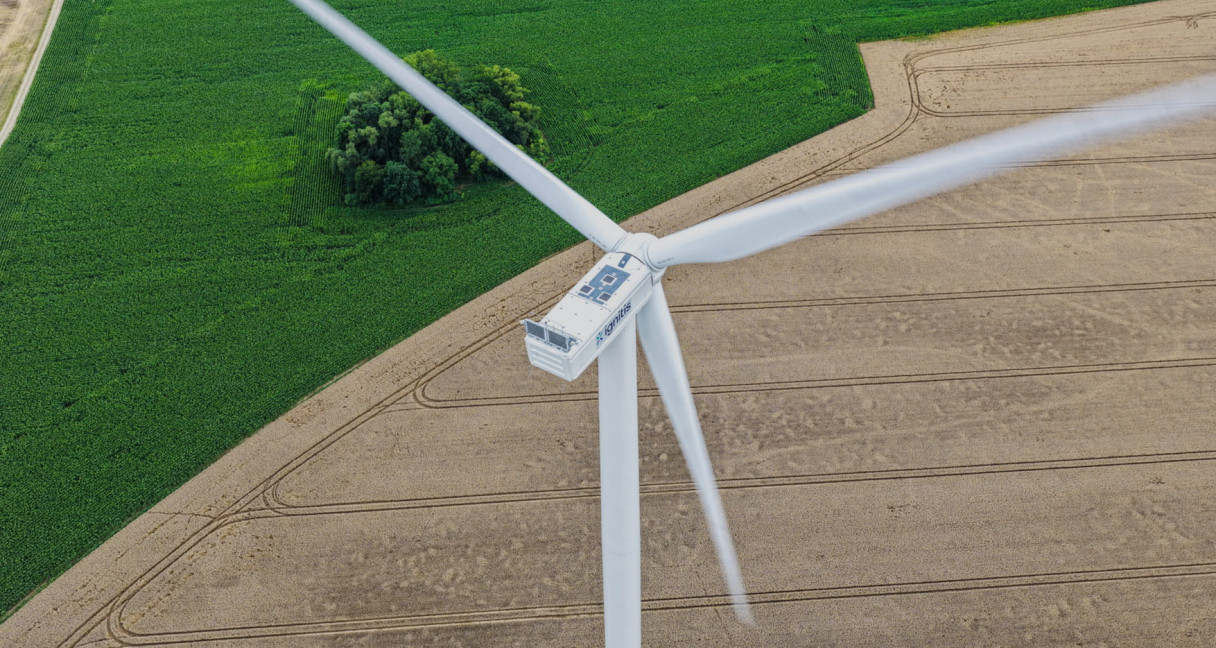Strategic expansion into new areas contributes to the value of Lietuvos Energija group
Increasing the value of the state-owned property and improving its services to customers, the energy group Lietuvos Energija has been actively expanding into new areas of operation as from the beginning of this year. Having acquired AB Lietuvos Dujos and since the group-controlled UAB Litgas became a designated supplier ensuring uninterrupted operation of the Liquefied Natural Gas Terminal, the group has become the key participant of the gas supply market alongside its existing activities of electricity production, distribution and supply.
“As from the start of the year Lietuvos Energija has been working along all the four lines of the group’s long-term strategy. To diversify our operation, we expanded into the gas sector; in addition, the Government of the Republic of Lithuania pledged Lietuvos Energija to implement the projects of combined heat and power plants in Vilnius and Kaunas, which had been recognised as significant for the national economy. To ensure more efficient operation and better services to customers, we introduced many changes into our corporate structure, namely, set up a common centre of the group for public procurement, accounting and labour relations administration, UAB Verslo Aptarnavimo Centras, also opened a common centre for servicing consumers of electricity and gas in Vilnius and continue with the processes of integration of operation, which will serve as a basis for further growth of the group’s value,” said Dr Dalius Misiūnas, Chairman of the Board of Directors and General Manager of Lietuvos Energija, the holding company of the group. “To ensure transparent and efficient management of the group, during the first 6 months we approved and are implementing a zero-tolerance policy with regard to corruption, we continue to make our processes more efficient and better centralised and, in accordance with the corporate management guidelines, we seek to ensure uniform management of the group.”
An agreement signed between UAB Litgas and Norwegian company Statoil on 21 August will ensure, as from 2015, the supply of natural gas in the amount of 540 MCM through the LNG Terminal in Klaipėda. Lietuvos energija started interviewing potential investors regarding cooperation for implementation of combined heat and power plants projects in Vilnius and Kaunas, an interest has been expressed by 26 economic entities from 10 different countries.
Results have improved
After the elimination of one-time gain resulted by the temporal accounting impact of the acquisition of controlling interest in AB Lietuvos dujos, the net profit of Lietuvos Energija group amounted to LTL 124.1 million during the first half of 2014 and was 61.2 per cent higher than a year ago (first half of 2013 – LTL 77 million). The net profit of the group accounted for in financial statements comprised LTL 329.5 million during the first half of 2014. The temporal impact of the acquisition of controlling interest in AB Lietuvos dujos will be eliminated in 3 Quarter.
“Without taking into consideration the acquisition of Lietuvos Dujos, higher profitability of the group during the first half of a year was determined by measures aimed at increasing efficiency, when services to consumers this year are provided at lower prices and less electricity is produced on the basis of quotas. While a strategic acquisition of a natural gas company as well as other actions will create value not only for the state, which is a shareholder of the group, but also for all consumers of electricity and gas,“ maintains D. Misiūnas.
The revenue of Lietuvos Energija group during the first half a year amounted to LTL 1.39 billion and was 3.1 per cent lower than a year ago, mostly due to lower revenue from the supply and distribution of electricity. The group’s efficiency indicator – the profit margin before interest, taxes, depreciation and amortisation (EBITDA) – during the first half of a year comprised 26.4 per cent (first half of 2013 – 26.3 per cent). In total, during the first half of a year, the group earned LTL 367.7 million of EBITDA, which was 2.4 per cent lower than a year ago.
Able to make further investment
By the end of the accounting period, the common level of debts of the group remains low – net financial debt is only 1.4 times higher than the annual EBITDA, which means that to cover all debts it would suffice for the group to have the cash flow received less than in one and a half years. The net value of the group’s net financial debt amounted to LTL 938 million at the end of the first half of a year in comparison to LTL 442 million at the end of 2013. The increase of net financial debt was mostly resulted bythe use of the group’s own financial resources for the acquisition of controlling interest in AB Lietuvos dujos in first half of 2014. The level of the group financial liabilities to third parties remained almost unchanged during the first half of 2014. The own capital of the group grew by 5 per cent in half a year and reached LTL 6.58 billion, equity level was equal 65% at the end of Quarter 2.
“Even following a major acquisition the group remains financially strong to carry out further strategic investment projects. In August, group-controlled companies announced their operation strategies, whereby, by 2020, they were planning to improve the reliability of the electricity distribution grid by almost 10 per cent, more rapidly connect new consumers of electricity, optimise the operation of the Elektrėnai complex, expand commercial activities as well as increase the efficiency of use of the property they controlled. Lietuvos Energija, the holding company, also conducts strategic projects in the electricity, heat and gas sectors, which will contribute to the growth of the group’s value and create benefit for consumers,” said D. Misiūnas.
During the first half of 2014, the group’s investment amounted to LTL 155.6 million or was 25.6 per cent higher than a year ago – a major share of investment (LTL 118.6 million) was directed into the development and modernisation of the electricity distribution grid.
SAIDI – System Average Interruption Duration Index.
SAIFI – System Average Interruption Frequency Index.
About Lietuvos Energija group
Lietuvos Energija group is a state-controlled company group which is one of the largest in the Baltic States. The main activities of the Group include power and heat generation and supply, natural gas trade and distribution as well as maintenance and development of the electricity sector. The rights and obligations of the shareholder of Lietuvos Energija group are implemented by the Ministry of Finance of the Republic of Lithuania.
With its more than 5600 employees, Lietuvos Energija group controls and operates key Lithuanian power plants ensuring the security of energy supply, nation-wide distribution network, and services more than 1.6 million consumers across Lithuania, offers services of electricity supply to customers abroad as well as operates 8.2 thousand kilometres of distributor gas pipelines, supplies gas to more than 560 thousand customers, implements development projects of strategic significance and pursues the objectives of the National Energy Strategy.
The Group is comprised of the following companies: Lietuvos Energijos Gamyba, AB, electricity and heat generation and trading company, AB LESTO, electricity distribution network operator, UAB Elektros tinklo paslaugos, UAB NT Valdos, UAB Energijos tiekimas, UAB Kauno energetikos remontas, natural gas supplier and distributor AB Lietuvos dujos, UAB LITGAS, UAB VAE SPB, UAB Duomenų logistikos centras, UAB Technologijų ir inovacijų centras, UAB Verslo aptarnavimo centras, VŠĮ Respublikinis energetikų mokymo centras, SIA Geton Energy, OU Geton Energy, UAB Gotlitas.
About Lietuvos Energija, UAB
Parent company Lietuvos Energija, UAB is responsible for transparent management and coordination of activities of the Group.
The Company analyses the activities of the Group, represents the Group, exercises rights and duties of the shareholder, sets operating guidelines and rules, and coordinates the activities in the fields of power generation, commerce, finance, law, strategy and development, human resources, risk management, audit, technologies, communication, etc.
About Lietuvos Energija, UAB
Parent company Lietuvos Energija, UAB is responsible for transparent management and coordination of activities of the Group.
The Company analyses the activities of the Group, represents the Group, exercises rights and duties of the shareholder, sets operating guidelines and rules, and coordinates the activities in the fields of power generation, commerce, finance, law, strategy and development, human resources, risk management, audit, technologies, communication, etc.




